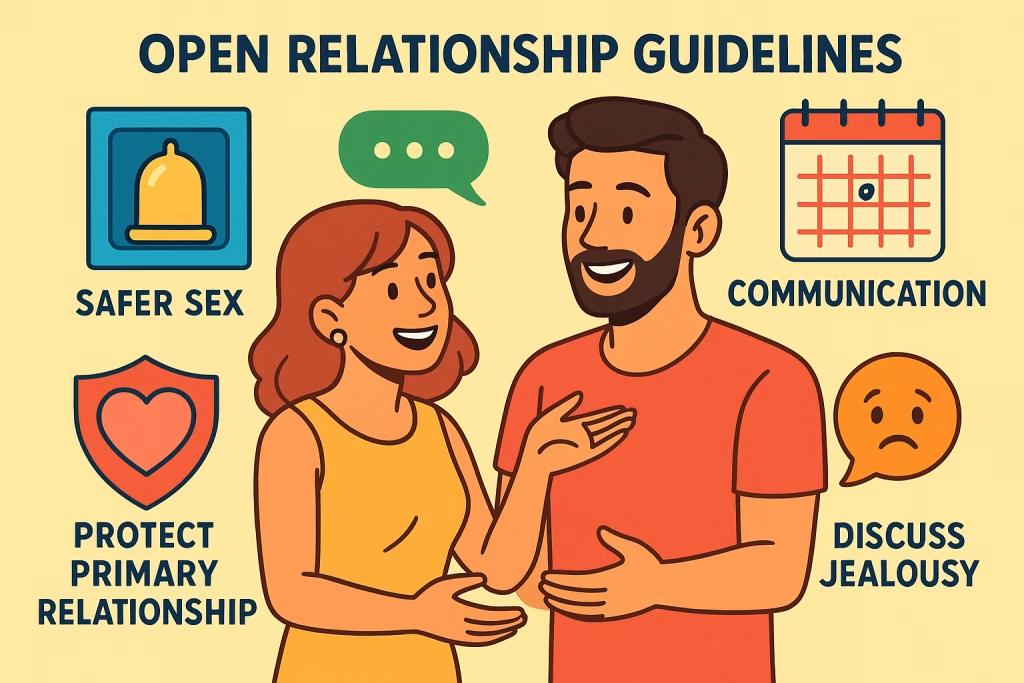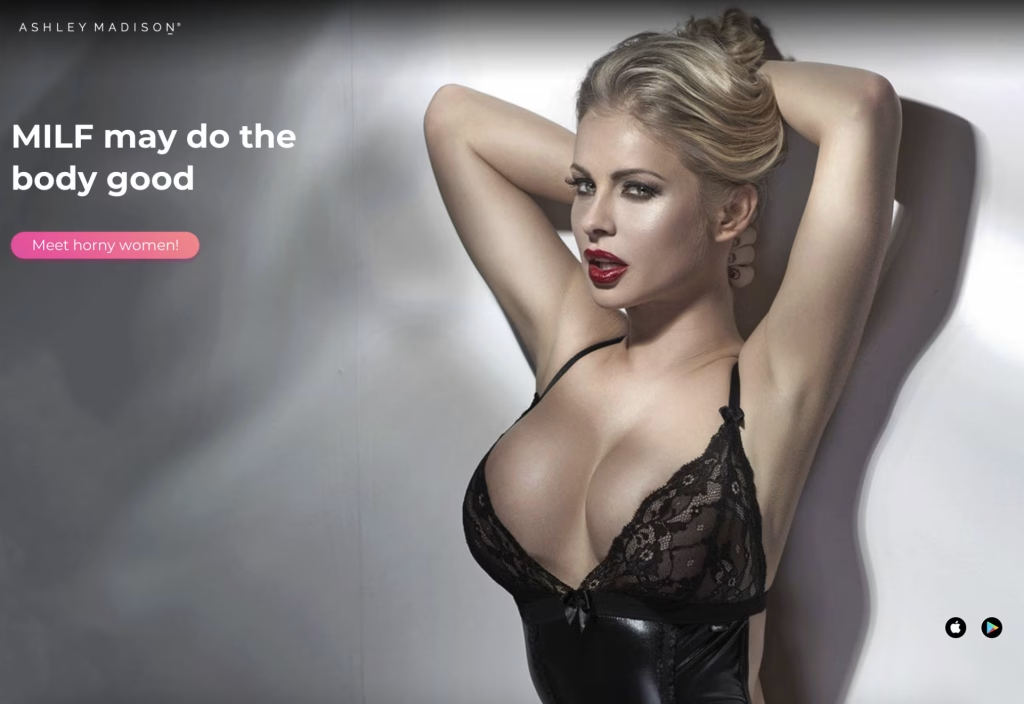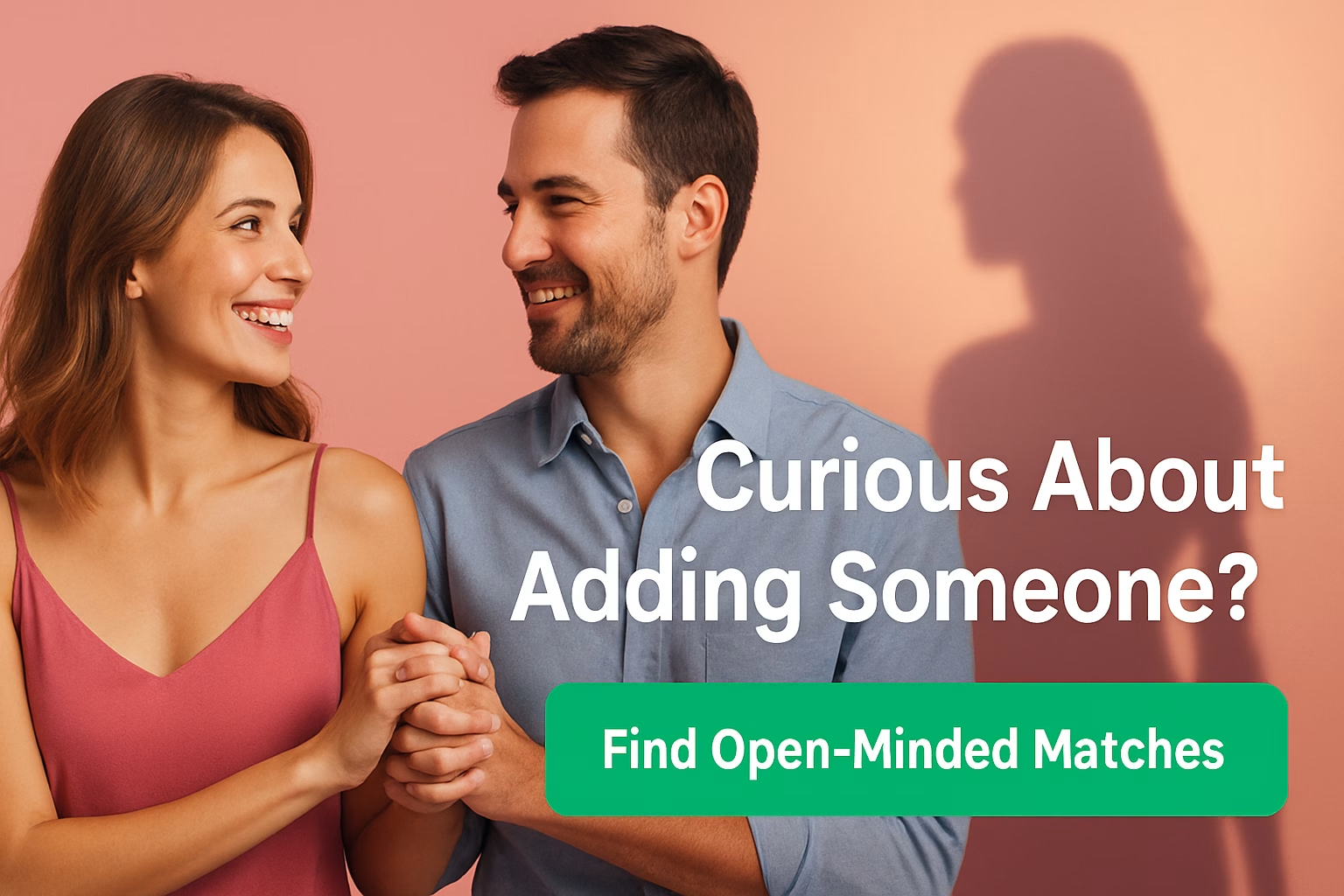Open relationship hookup sounds like the dream, right? You keep your main relationship, but you still get to flirt, explore, have casual sex and chase that “new person” rush. No cheating, no sneaking around… at least in theory.
In reality, open relationship hookups can either make your life richer or turn it into a jealous mess where nobody feels safe. The difference isn’t how hot you are or how many matches you get – it’s how you handle rules, communication and your own emotions.
Let me walk you through what actually works, based on real couples’ experiences and what research says about consensual non-monogamy. If you’re still trying to understand what having an open relationship really means in practice, this is where it starts to make sense.
Open relationship hookup: what it actually looks like (when it works)
Most people imagine an “open relationship hookup” as:
“We just sleep with other people sometimes.”
What successful couples describe is more like this:
They agree what safer sex means in detail (not just “yeah, we’re careful”).
They tell each other about dates and hookups, instead of hiding them.
They protect their primary relationship first – time, energy, emotional bandwidth.
They accept that jealousy happens, and talk about it instead of pretending to be “cool” while dying inside.

And no, you’re not a freak for wanting this. Research on consensual non-monogamy shows that people in poly, open or “monogamish” relationships are about as satisfied and happy as monogamous couples – the difference is more about communication than the structure itself, something even Forbes recently highlighted.
The three rules almost everyone ends up with (after they drop the crazy ones)
When you read what long-term open couples actually do, all the 15-point lists eventually collapse into three core rules:
Don’t lie.
Not about hookups, not about tests, not about feelings. Secrets destroy open relationships faster than sex ever will.
Practice safer sex like an adult, not like a drunk teenager.
Most couples do:
Condoms with others (often for penetration; sometimes oral too).
Regular STI tests (every few months or after new partners).
Clear talk before sex, not “oops, forgot”.
Even mainstream experts say that if you’re having sex with multiple partners, you should treat testing like basic hygiene, not drama, something BBC also stresses.
If you don’t know how to bring it up, Harvard Health literally suggests doing it before things get heated and framing it as “I care about both of us, let’s test and share results.”
Don’t invest in others in a way that steals from “us”.
This came up again and again in that forum thread:
Don’t cancel your date night to see a hookup.
Don’t pour every drop of attention into your new FWB and give your partner the leftovers.
Don’t build a full “second relationship” if that’s not what you both agreed to.
New Relationship Energy (NRE) is real – that high you get with someone new. It’s fun, but if you stop “nourishing” your main relationship, that’s when jealousy and insecurity go from background noise to actual problems.
Jealousy, envy & the “oh no, I caught feelings” problem
A lot of people in that discussion said the same thing: they didn’t explode because of sex; they exploded because feelings were hidden.
Some useful distinctions they made:
Jealousy = fear of losing what you already have.
Envy/FOMO = “I want what they have too.”
Both are normal. The grown-up move is to say something like:
“I don’t even fully know why yet, but I feel insecure when you stay over at hers and come home the next morning.”
That’s much better than pretending you’re fine and then randomly blowing up later.
As for “no feelings allowed” rules? Most experienced people agree they’re a fantasy. You can’t completely control emotions, but you can control:
How often you see someone
How intimate you get (texts, overnights, life plans)
Whether you step back if you feel yourself falling in too deep.
If your deal is sex only, no romance, be honest about that with new partners from day one – and accept that sometimes you’ll still need to walk away, because they want more and it doesn’t fit what you and your partner agreed. For example, if you want to find a friend with benefits easy way to find a friend with benefits on this kind of platform, it works best when expectations are clear.
Where do you even find open relationship hookups?
This is where most people instantly type “open relationship dating sites” or “couples dating sites free” into Google and get buried in weird pop-ups and dead profiles.
You’ve basically got three options:
Mainstream apps with filters
You put “ethically non-monogamous”, “open relationship” or “poly” in your bio, swipe like everyone else, and hope people actually read.
An open relationship dating app
There are niche apps where everyone is already non-monog, poly or curious. Pros: less explaining. Cons: smaller user base depending on your city.
Dedicated sites for couples and discreet arrangements
This is where it gets interesting if you’re specifically into open relationship hookup rather than full-on poly relationships.
A discreet site for open couples & curious singles
Let’s talk about one particular type of site that a lot of open couples end up on – the “I’m married/attached but we’re open, and I don’t want this all over Facebook” kind of place.

Here’s what this kind of platform usually offers:
Main features
Built for attached people
The whole pitch is basically: “I’m in a relationship, I want discreet fun, and I don’t want to blow up my life.”
Perfect if you’re married, living together, or in a long-term partnership and looking for open relationship hookups, not a dramatic secret double life.
Private profiles & discreet branding
Often:
You can blur photos or show them only to selected people.
The emails and notifications are low-key.
The site/app logo is subtle so it doesn’t scream “cheating site” on your phone at work.
Filters for couples & open people
You’ll usually find:
Couples looking for singles
Couples looking for couples
Singles who are cool with open relationships
Exactly the crowd you want if you’re fed up explaining that no, you’re not cheating, you’re just non-monogamous.
Built-in messaging & travel mode
You can:
Chat inside the platform (no need to throw your real number at everyone).
Use “travel” or “visiting” options to find people in another city for a short trip.
Search by city or radius for quick, local matches.
Verification & paid accounts
Usually there’s some mix of:
Photo verification or “verified” badges (reduces fake profiles), especially useful when platforms offer photo verified profiles.
A free version so you can look around, plus paid plans to message more, boost your profile, see who liked you, etc.
Pros & cons of this kind of site (honest version)
Pros ✅
- Everyone understands the lifestyle
- Easier to find real matches
- Great for couples testing the waters
- Private and discreet profiles
Cons ❌
- The best features usually aren’t free
- Temptation to push boundaries
- Requires strong communication
- Doesn’t fix jealousy or trust issues
Most people there are not chasing the rom-com escalator (marriage, house, kids). They want hookups, maybe a regular FWB, sometimes a third for the bedroom, especially if the possibility of threesome is part of their dynamic.

Quick reality check: open relationship hookup ≠ “cheating but prettier”
One thing worth saying out loud: consent is what makes this ethical.
Multiple studies and therapists point out that consensual non-monogamy is not the same as cheating – the whole point is that everybody involved knows what’s going on and agrees to it, something Wikipedia makes very clear.
If your plan is to use an “open relationship” label as cover while you secretly break the rules you agreed with your partner, that’s not open. That’s cheating with extra steps.
How to use a discreet site without burning your relationship down
If you do decide to try a discreet, open-friendly platform like the one I described, here’s how I’d play it:
Write your profile together
Even if only one of you is going to meet people solo, sit down and write the description together:
What you’re open to
What you’re not
Whether it’s couples only, or solo play allowed
Whether overnights are okay
Put your rules in your bio (at least briefly)
Something like:
“In an open relationship, sexually adventurous but emotionally committed at home. Always use protection, full honesty, no drama.”
That filters out a lot of nonsense quickly.
Link your agreements to your sexual health plan
Example:
Condoms with others, always.
STI tests every X months or after each new partner.
No unprotected sex with anyone new until tests are done and results shared.
There’s plenty of evidence that regular testing plus open conversations are what keep people safe, not just wishful thinking.
Decide how much you tell each other, and stick to it
Maybe you just say:
“I’m going out with someone Friday night; I’ll be home around midnight.”
Or maybe you like debriefing the whole thing. That’s up to you – but pick a level of transparency you can both live with.
Open relationship hookup isn’t for everyone – and that’s okay. But if you and your partner are honestly curious, willing to communicate when it’s awkward, and smart about sexual health, it doesn’t have to be chaos.
You get:
The stability of your main relationship
The thrill of new bodies and new stories
And the maturity to handle jealousy, boundaries and mistakes without blowing everything up
If that’s the vibe you’re going for, then yeah… clicking that little discreet button and seeing who’s out there might be your next very interesting step.


